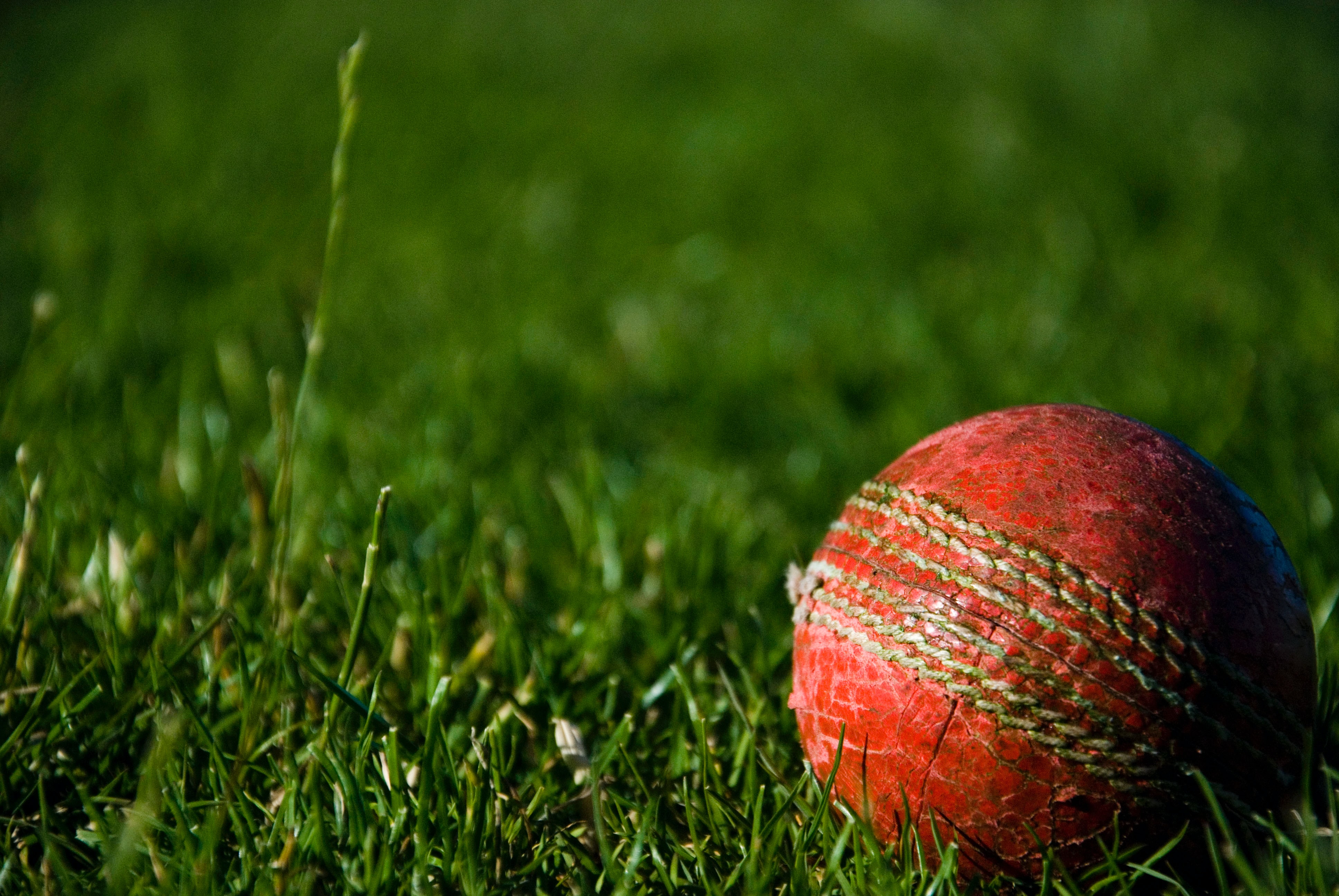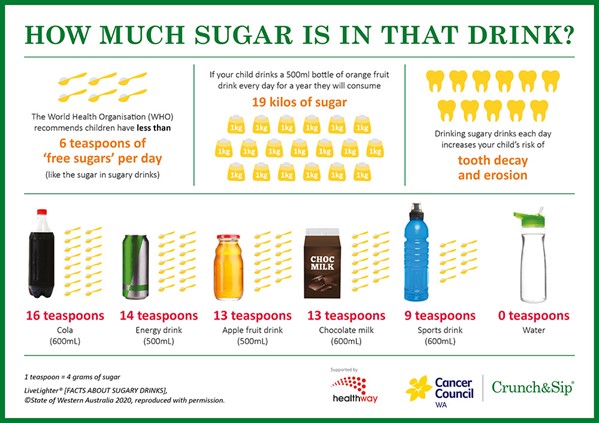Hydration in junior sport – Podium not sodium
Staying hydrated is essential when playing sport, especially in Australia where the weather tends to be warm for most of the year. Kids are often involved in many different sports during the day, both during and after school, but because they don’t experience thirst in the same way that adults do, they are less likely to reach for a drink when they need it. Children are also not as good as adults at regulating their body temperature, which puts them at risk of heat stress.
Dehydration in junior sports
Dehydration can occur during any junior sporting event, whether it is hockey on a cold Sunday morning or an all-day athletics carnival. Dehydration can cause kids to tire quickly and even feel ill or develop a headache. To support active kids in staying well hydrated, schools and sporting organisations can put steps in place to make sure that everyone is keeping their fluids up across the day.

What should they be drinking and when?
Water is the only drink children need to stay hydrated during sport, although plain milk can also help with recovery and rehydration after an event. Water helps electrolytes to move around the body which boosts energy levels and creates sweat – the body’s natural cooling system. This is why dehydration can result in fatigue and overheating.
When organising sporting events make sure you include plenty of breaks for water to keep hydration top of mind. Kids don’t always realise they are thirsty, so it’s important to regularly remind them to take lots of small sips of water. This keeps them hydrated and hopefully stops them gulping large amounts of fluids at once which can lead to upset tummies.
What about sports drinks?
While they might appear healthy and claim to “improve energy levels” sports drinks are high in sugar. A regular sports drink has the same amount of sugar as a can of soft drink and despite clever marketing, doesn’t come with any of the important nutrients needed for sport or for developing muscles and brains. Drinking just one sports drink a week can add a whopping 2.3 kilos of sugar a year to a child’s diet which significantly increases the risk of tooth decay and erosion. Along with sports drinks, fruit drink, fruit juice and some flavoured milks have large amounts of sugar as well.
Sports drinks also contain added salt to prevent cramps in endurance athletes. While some salt may help to stop muscle cramps, kids eat plenty of salt in their diet so they don’t need to drink extra serves.
The verdict
Kids can store enough energy (carbohydrate) for over 90 minutes of exercise, so unless your child is running a half-marathon after they finish leader-ball and the egg-and-spoon-race, they simply don’t need sugary sports drinks. Encourage kids to reach for water to quench their thirst instead.
Find out more about sugary drinks in our 'nutrition myths' article.
